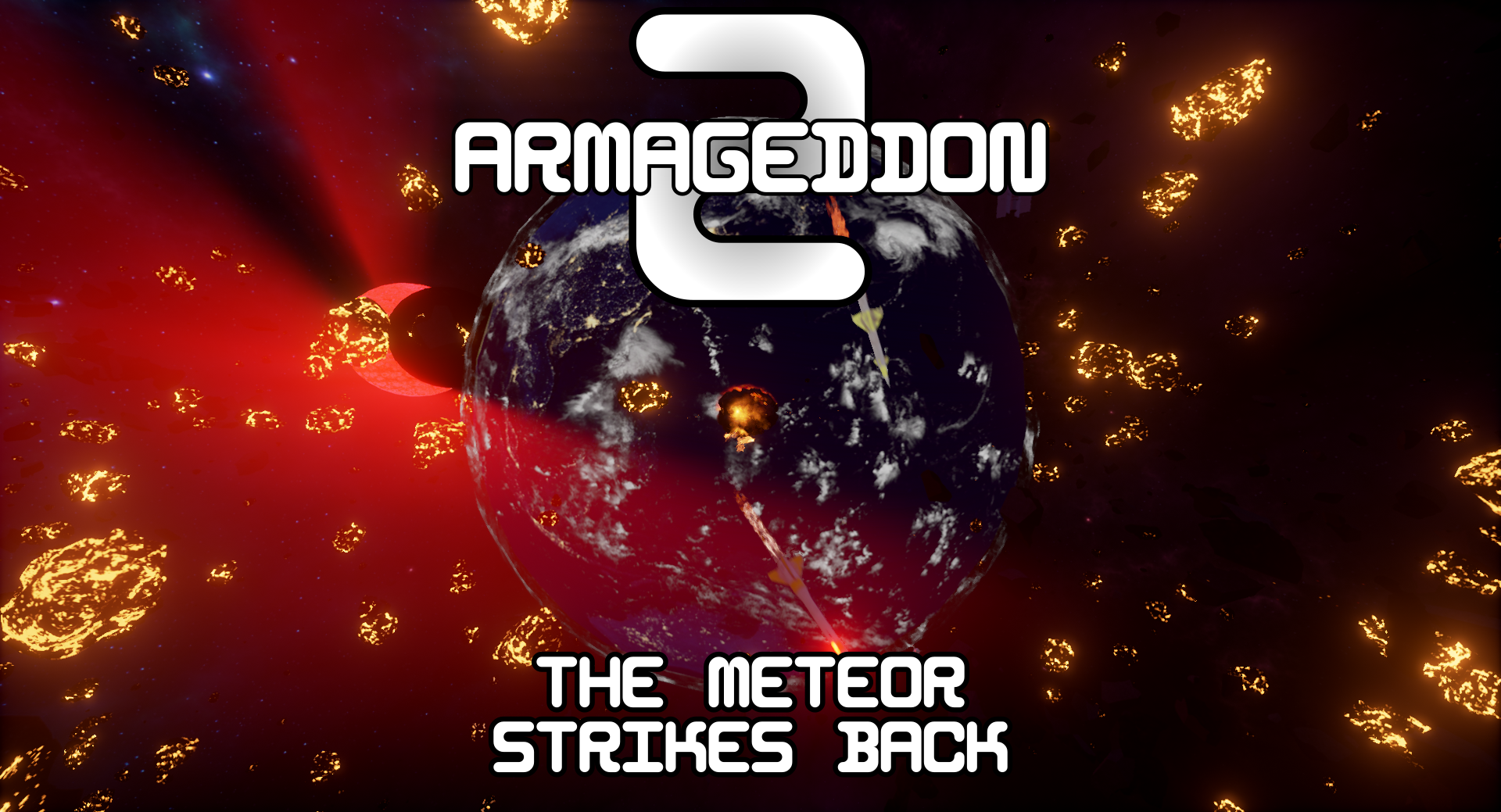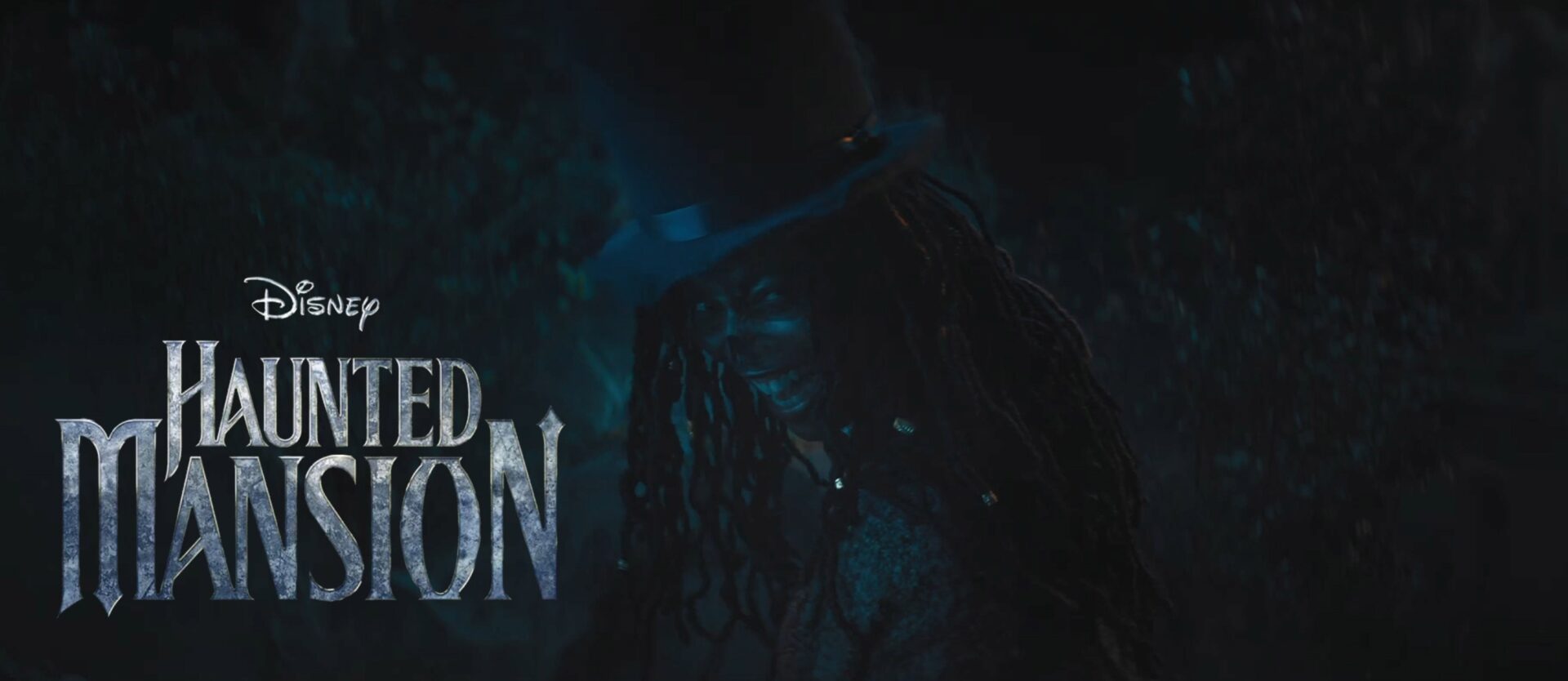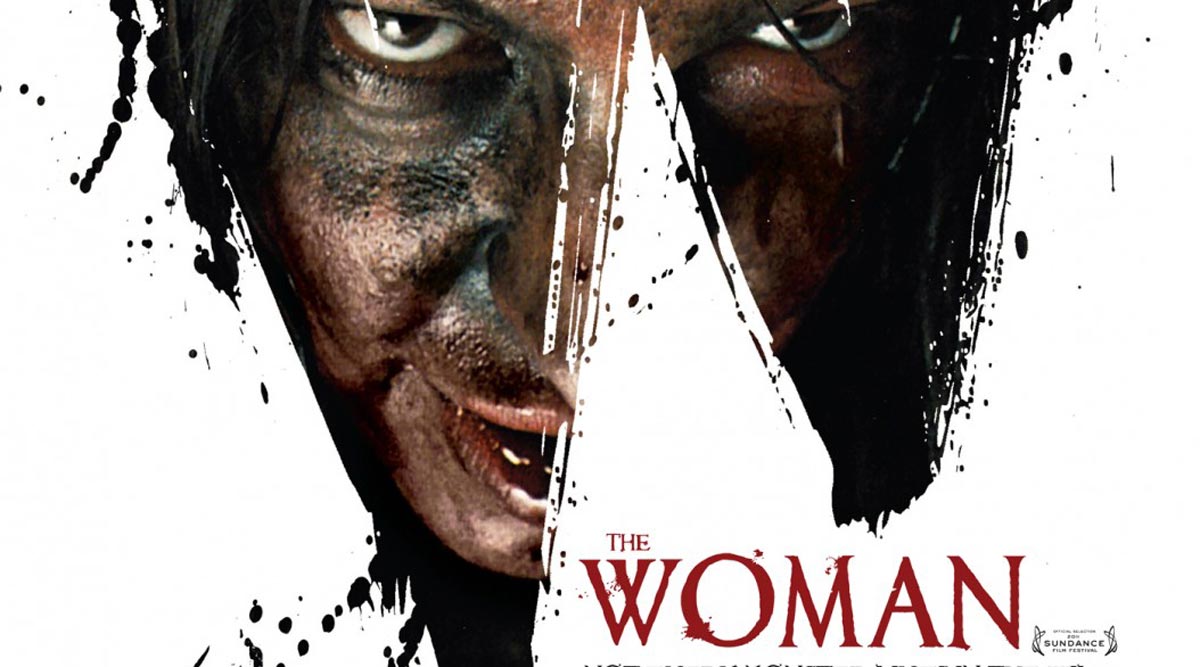Based on a lesser-known short story by Stephen King, The Life of Chuck (2025) is a surprising departure from traditional horror fare. Directed by Mike Flanagan — the visionary behind Doctor Sleep, Midnight Mass, and The Haunting of Hill House — this emotionally rich and genre-bending film tells the story of one man’s life in reverse, blending surrealism, nostalgia, and existential wonder into one of the most unique cinematic experiences of the year.
The Life of Chuck is told in three parts — each unfolding in reverse chronological order — beginning with the end of the world, and ending with a child dancing on a rooftop. At the center of this strange and beautiful story is Chuck Krantz (played by Tom Hiddleston), an unremarkable man whose death coincides with a strange cosmic unraveling of reality.
Part I shows society falling apart as billboards across the country read “Charles Krantz, 39 great years. Thanks, Chuck.” Part II dives into Chuck's personal struggles and the regrets that shaped him. And Part III brings us to his childhood, showing his innocent beginnings and subtle glimpses of a world where the ordinary is magical.
This non-linear structure is daring but deeply effective, gradually revealing that the universe we’re watching may be Chuck’s own inner world — or a poetic metaphor for how every person’s life is its own universe.
Tom Hiddleston delivers a career-defining performance as Chuck, portraying the character across different stages of life with vulnerability and quiet power. Whether as a dying man haunted by regret or a wide-eyed boy just discovering the world, Hiddleston embodies Chuck’s soul with authenticity and depth.
Mark Hamill, in a moving supporting role, plays Chuck’s grandfather — a source of childhood magic and wisdom — while Karen Gillan adds emotional texture as Chuck’s estranged sister, grounding the story in personal connections that feel heartbreakingly real.
Mike Flanagan once again demonstrates his mastery of tone. This time, he trades horror for hope, creating a film that feels more like a dream than a traditional narrative. His direction is intimate, poetic, and emotionally fearless, using surreal imagery to elevate everyday moments.
From dancing on empty streets to slow-motion scenes of collapsing buildings, Flanagan’s visuals are haunting and lyrical. The film moves with a rhythm closer to memory than plot, and its introspective tone will remind some viewers of The Tree of Life or Eternal Sunshine of the Spotless Mind.
At its core, The Life of Chuck is about the beauty of life — even in its quietest, most unremarkable details. It explores how joy, grief, love, and regret shape us, and how every individual life has cosmic significance.
It’s also a story about death — not as horror, but as the natural conclusion of something beautiful. The film asks us to reflect on what truly matters: connection, memory, and the small moments that define who we are.
The Life of Chuck is not your typical Stephen King adaptation. There are no monsters, no killers, no haunted houses — only a man, his memories, and the strange poetry of existence. With mesmerizing performances, elegant storytelling, and profound emotional weight, it’s a film that lingers in the heart long after the credits roll.
It may not appeal to every viewer, especially those expecting action or horror, but for those open to a deeply human experience, The Life of Chuck is a quiet masterpiece.



